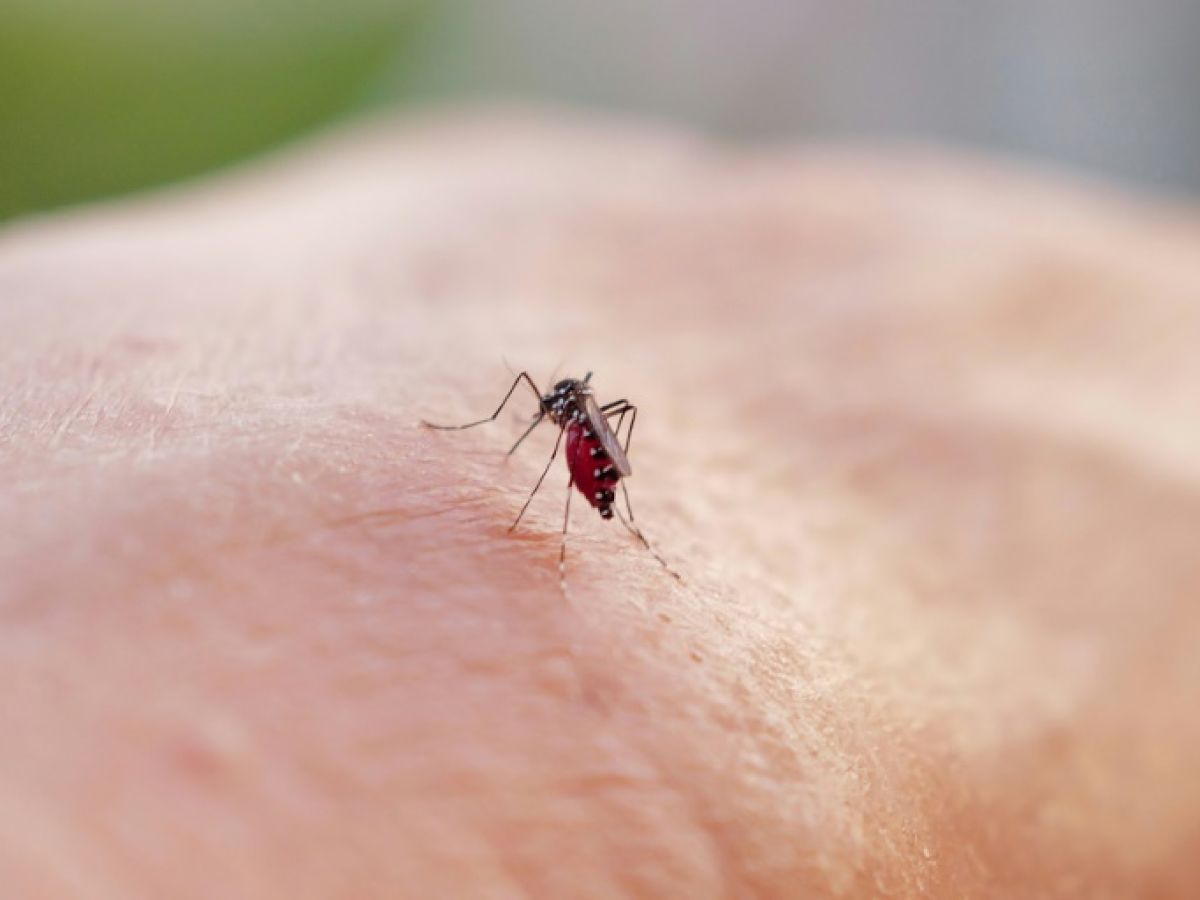Mayotte has entered the epidemic phase for chikungunya, with a " intense and widespread transmission " across the country of this viral disease transmitted by the bites of infected mosquitoes, health authorities indicated on June 2, insisting on an intensification of response measures.
“ Since May 26, Mayotte has moved into the epidemic phase (phase 3 of the Orsec Arboviroses plan, corresponding to a low-intensity epidemic). This change in the alert level follows a marked acceleration in the transmission of the chikungunya virus throughout the territory, with the number of confirmed cases steadily increasing for several weeks.", indicated Public Health France in its new bulletin.
Since the beginning of 2025, 560 confirmed cases of chikungunya have been reported in Mayotte, including 204 in the week of May 19 to 25 alone, an increase of 42% in seven days, according to provisional data. But " the real situation could be largely underestimated", recalled Public Health France. Not only do biological confirmation tests remain suspended in emergency rooms, under a " persistent pressure (…) worrying" , but " recourse to care remains partial for a part of the population, particularly in the most isolated or precarious areas", according to his diagnosis.
Read alsoDengue and chikungunya: around 2,000 imported cases since the start of 2025 in mainland France
15 people hospitalized
Since the detection of the first confirmed case, 15 people have been hospitalized, including eight pregnant women for monitoring and five babies under one year old, but there have been no admissions to intensive care and no deaths. While the chikungunya virus is circulating throughout Mayotte, the public health agency has noted a persistent concentration of cases in the municipalities of Mamoudzou, the hardest hit so far, Pamandzi, and Dzaoudzi.
In front of the " high probability " of an epidemic likely to saturate a weakened health system, the Ministry of Health has planned the organization of a vaccination campaign for certain adults at risk, set out in a decree published last Wednesday in the Official Journal.
This campaign, with the only product authorized for the moment, Ixchiq (Valneva), will be targeted at people aged 18 to 64 years old with at least one comorbidity and will take into account the specific health characteristics of Mayotte, in particular the significant number of comorbidities at advanced stages.
Mayotte has already suffered several public health crises in 2024, including a cholera epidemic and the aftermath of Cyclone Chido. And the population of the department, the poorest in France, is often in poor health.
An epidemic has been affecting another overseas department, Réunion, located some 1,500 kilometers from Mayotte, for several months. Tens of thousands of cases and twelve deaths have been recorded there.


